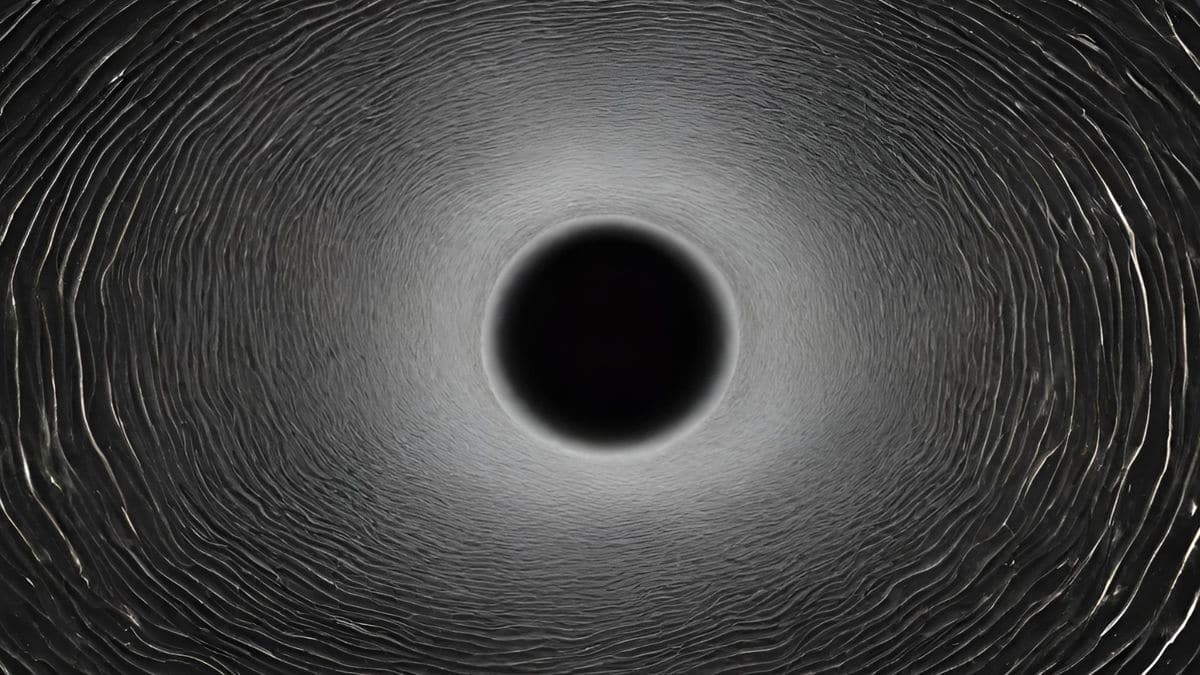Weird black hole theory might solve mystery of universe expansion
Theoretical physicist Nikodem Poplawski has suggested that the accelerating expansion of the universe, driven by dark energy, may not be applicable at the edges of black holes. This could potentially resolve a longstanding cosmological issue known as the "Hubble tension," which arises from differing estimations of the universe's rate of expansion. Poplawski's study states that different parts of the universe could have varying rates of expansion.
Constant expansion rate at black holes
Poplawski explained, "The rate of expansion of the universe at the event horizon of every black hole is constant, yet the size of the event horizon, and thus black hole itself, does not increase as the universe expands." He clarified that while space surrounding black holes is expanding differently than other parts of the cosmos, black holes themselves aren't growing. Poplawski dismissed claims that black holes might be growing and increasing mass sans matter accretion, due to universal expansion.
Event horizons and the universe's expansion rate
Poplawski elaborated on the unique nature of event horizons, stating, "The rate of the expansion of the universe, the Hubble parameter, is constant and can be either positive or zero at the event horizons of black holes." He added that this must be true to prevent infinite pressure and space-time curvature at these locations. Black holes were first conceived as solutions to Albert Einstein's 1915 theory of gravity, known as general relativity.
Black holes and Einstein's theory of gravity
The general relativity theory states that objects with mass cause space and time (united as space-time) to warp. The larger an object's mass, the greater its gravitational influence on its surroundings due to this warping. Black holes are born from an infinite amount of mass concentrated in an infinitesimally small space, known as a singularity.
Observational verification of theory unlikely
Despite the intriguing nature of Poplawski's theory, he believes it is unlikely to be verified observationally due to the absence of standard candles like Type Ia supernovas, and Cephid variable stars at the edge of event horizons. The time-warping effect around black holes and the inability of light to escape them present additional challenges. Poplawski concluded, "Strictly speaking we cannot measure the Hubble parameter at an event horizon because we see a black hole whose horizon hasn't formed yet."

